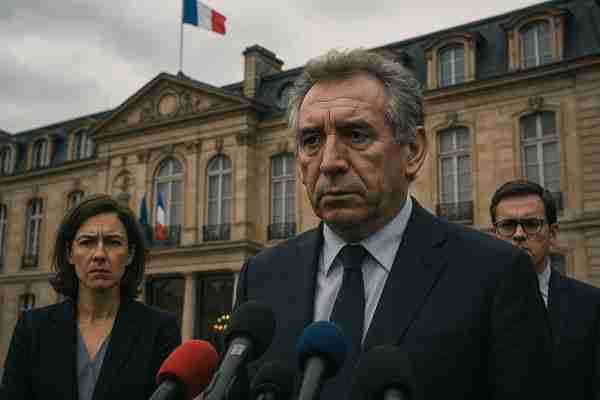When France, a nation with one of Europe's oldest parliamentary traditions, awoke on July 9, 2025, anxiety hung over the Élysée Palace. Prime Minister François Bayou, a charismatic yet increasingly criticized leader, faced a series of no-confidence votes threatening his political survival. At the core was an unresolved 2026 budget – the country lacked €40 billion, and austerity measures sparked protests among both politicians and ordinary citizens. Financial panic gripped the markets. Investors rapidly divested from French assets in favor of more stable European nations – Germany, Italy, and Spain. Bond yields soared, and the CAC 40 index dropped over 3% in one day. Finance Minister Amélie de Montchalin, speaking to the press, for the first time admitted that turning to the IMF was possible – an unprecedented move for a nation proud of its economic sovereignty. Meanwhile, Brussels intensified pressure, demanding Paris adhere to EU fiscal rules. The opposition accused Bayou of weakness and populism, while unions prepared mass demonstrations. Behind closed doors at the Élysée, crisis meetings took place, even discussing snap elections. Leaks suggested coalition fractures. Amid this uncertainty, the nation stood on the brink of a political turning point. The fate of the government hung by a few votes – and perhaps one compromise that had yet to be found.
Collapse at the Élysée: France Faces No-Confidence and Financial Crisis

Published : 09.07.2025
